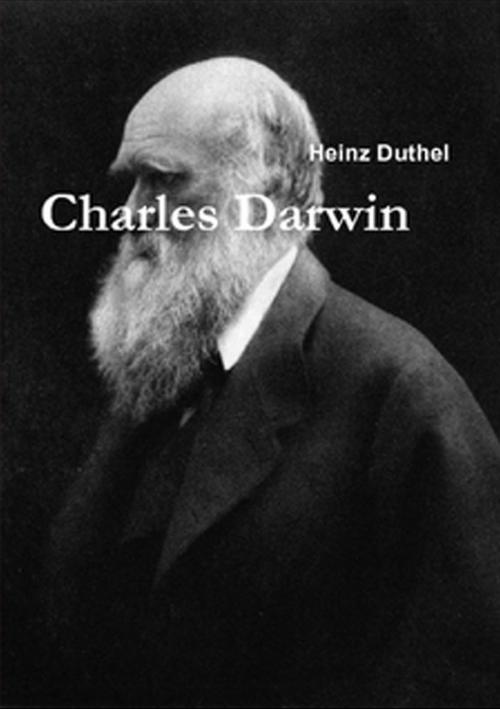| Author: | Heinz Duthel | ISBN: | 1230000126088 |
| Publisher: | Heinz Duthel | Publication: | April 18, 2013 |
| Imprint: | Language: | English |
| Author: | Heinz Duthel |
| ISBN: | 1230000126088 |
| Publisher: | Heinz Duthel |
| Publication: | April 18, 2013 |
| Imprint: | |
| Language: | English |
Charles Darwin
Charles Robert Darwin FRS (12 February 1809 – 19 April 1882) was an English naturalist( I) who realised that all species of life have evolved over time from common ancestors, and published compelling supporting evidence of this in his 1859 book On the Origin of Species in which he presented his scientific theory that this branching pattern of evolution resulted from a process that he called natural selection.( 1)( 2) The fact that evolution occurs became accepted by the scientific community and much of the general public in his lifetime,( 3) but it was not until the emergence of the modern evolutionary synthesis from the 1930s to the 1950s that a broad consensus developed that natural selection was the basic mechanism of evolution.( 4) In modified form, Darwin's scientific discovery is the unifying theory of the life sciences, explaining the diversity of life.( 5)( 6)
Darwin's early interest in nature led him to neglect his course in medicine at Edinburgh University and instead help to investigate marine invertebrates, then the University of Cambridge encouraged a passion for natural science.( 7) His five-year voyage on HMS Beagle established him as an eminent geologist whose observations and theories supported Charles Lyell's uniformitarian ideas, and publication of his journal of the voyage made him famous as a popular author.( 8)
Charles Darwin
Charles Robert Darwin FRS (12 February 1809 – 19 April 1882) was an English naturalist( I) who realised that all species of life have evolved over time from common ancestors, and published compelling supporting evidence of this in his 1859 book On the Origin of Species in which he presented his scientific theory that this branching pattern of evolution resulted from a process that he called natural selection.( 1)( 2) The fact that evolution occurs became accepted by the scientific community and much of the general public in his lifetime,( 3) but it was not until the emergence of the modern evolutionary synthesis from the 1930s to the 1950s that a broad consensus developed that natural selection was the basic mechanism of evolution.( 4) In modified form, Darwin's scientific discovery is the unifying theory of the life sciences, explaining the diversity of life.( 5)( 6)
Darwin's early interest in nature led him to neglect his course in medicine at Edinburgh University and instead help to investigate marine invertebrates, then the University of Cambridge encouraged a passion for natural science.( 7) His five-year voyage on HMS Beagle established him as an eminent geologist whose observations and theories supported Charles Lyell's uniformitarian ideas, and publication of his journal of the voyage made him famous as a popular author.( 8)















